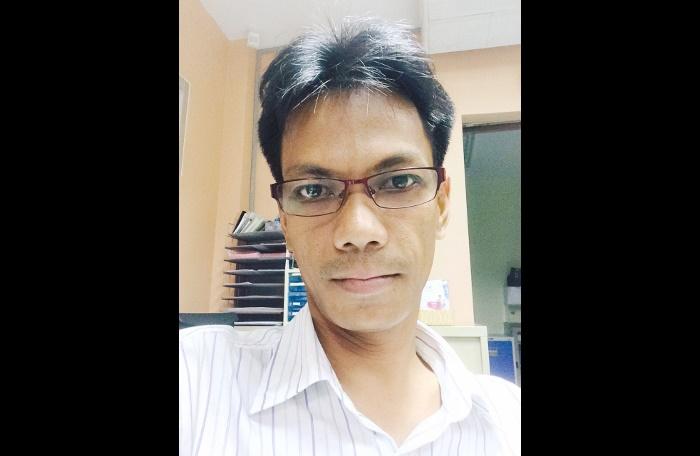Opinion: Taking care of society’s unwanted

PHUKET: Noppadol Poungpun is the Project Manager of the Life Home Project Foundation, a non-profit organization with the goal of offering children, women and patients suffering from HIV (Human Immuno-deficiency Virus) and AIDS (Acquired Immune Deficiency Syndrome) a more dignified life.
Originally from Surat Thani, Mr Noppadol has lived in Phuket and worked for the foundation since 2002. He graduated with a degree in engineering from Siam University.
He first started out as a volunteer and was appointed as the project manager in 2013. Here he talks about how HIV patients can get access to treatment and why people need to protect themselves and prevent the virus from spreading.
Besides government hospitals, there is another place on the island for HIV patients to turn to. The Life Home Project Foundation located in Koh Sirey was set up for the sole purpose of helping women and children in need of assistance in this regard.
We take care of any HIV-positive women and children who turn to us for help. Some of them have been ostracized by their communities, and some have even been rejected by their own families. Here, we provide them with food, shelter, water, clothing and anything else they need free of charge. The foundation also provides scholarships for children to acquire an education.
Nobody treats them any differently from those who do not have HIV. It’s a much better environment for them to be in.
We also provide services for these women to get medical check-ups and anti-virus treatments from hospitals. We give them advice about how to live happily and how to adjust themselves within society.
Our shelter can accommodate up to 30 people by law. We take care of women and children who are infected with HIV. The children are either HIV-affected or orphans of people with AIDS who have now passed away.
Beside those who live in the shelter, we also take care of others out there as well. Some of our members initially came to live in the shelter, but left when their health improved and they were in a better state, both physically and mentally. These women are now living a much happier and more productive life. They are able to find work for themselves and become contributing members of society.
However, I am worried that HIV is still spreading. Part of the reason is that some people don’t take the threat very seriously and fail to protect themselves. It is usually very hard to tell who is the carrier, so I’d like to warn everyone to please be aware and realize that it is all around us.
Many people believe that HIV is something very far removed from reality and not likely to affect them, but that is not the case. It is impossible to tell just by someone’s appearance whether that person is HIV positive. It is not until we see evidence in the form of blood test results that we can tell. Until then, the best option is to protect yourself.
Patients who have HIV can live for many years, just by following a simple anti-virus treatment. We now also have treatments that prevent transmission of the virus from mother to child during pregnancy.
I am glad that both government and private sectors are working together to fight HIV and ensure better treatment for patients. Several agencies are also doing PR activities to raise awareness about how to get access to treatment, what kinds of treatment are available and how to protect yourself from contracting the disease.
More people are becoming aware of it and adopting a more open attitude towards HIV patients. The important thing is that the patients themselves should seek treatment in order to live a happy life, without endangering others around them.
Mr Noppadol noted that the project does not have a main sponsor and no regular source of funding. If anyone is interested in making a donation, call 076-614060 or 089-729 3410, email info@lifehomeproject.org or visit: lifehomeproject.org.
— Chutharat Plerin
Latest Thailand News
Follow The Thaiger on Google News:


























